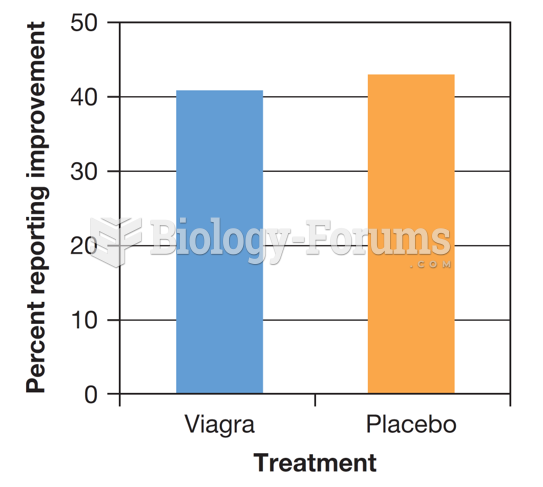Answer to Question 1
2,3, 4, 6
Rationale 1: This BP is within normal limits.
Rationale 2:The client should notify the physician if experiencing signs and symptoms of hypotension, such as dizziness, lightheadedness, or tachycardia.
Rationale 3: The client should notify the physician if experiencing signs and symptoms of hypotension, such as dizziness, lightheadedness, or tachycardia.
Rationale 4: The client should notify the physician if experiencing signs and symptoms of hypertension, such as headache and edema.
Rationale 5: A respiratory rate of 20 is a normal finding.
Rationale 6: The client should notify the physician if experiencing signs and symptoms of hypertension, such as headache and edema.
Global Rationale: The client should notify the physician if experiencing signs and symptoms of hypertension or hypotension. Hypotension can cause dizziness, lightheadedness, or tachycardia. Hypertension can cause headaches or edema in the legs. Patients need to know to take their blood pressure, get out of bed slowly, take weight measurements, and not to take over-the-counter medications without alerting their healthcare provider.
Answer to Question 2
4
Rationale 1: Beta blockers do not affect temperature.
Rationale 2: Beta blockers will lower BP.This blood pressure is slightly elevated so administration of the medication is not contraindicated.
Rationale 3: This is a normal respiration number.
Rationale 4: Pulse at 48 beats per minute could be slowed more with the administration of a beta blocker.
Global Rationale: Atenolol (Tenormin) is a selective beta1-blocker. It will cause the heart rate to drop. Pulse at 48 beats per minute could be slowed more with the administration of atenolol (Tenormin), a beta blocker. Beta blockers do not affect temperature. Beta blockers will lower BP. A respiratory rate of 18 breaths per minute is a normal finding.






